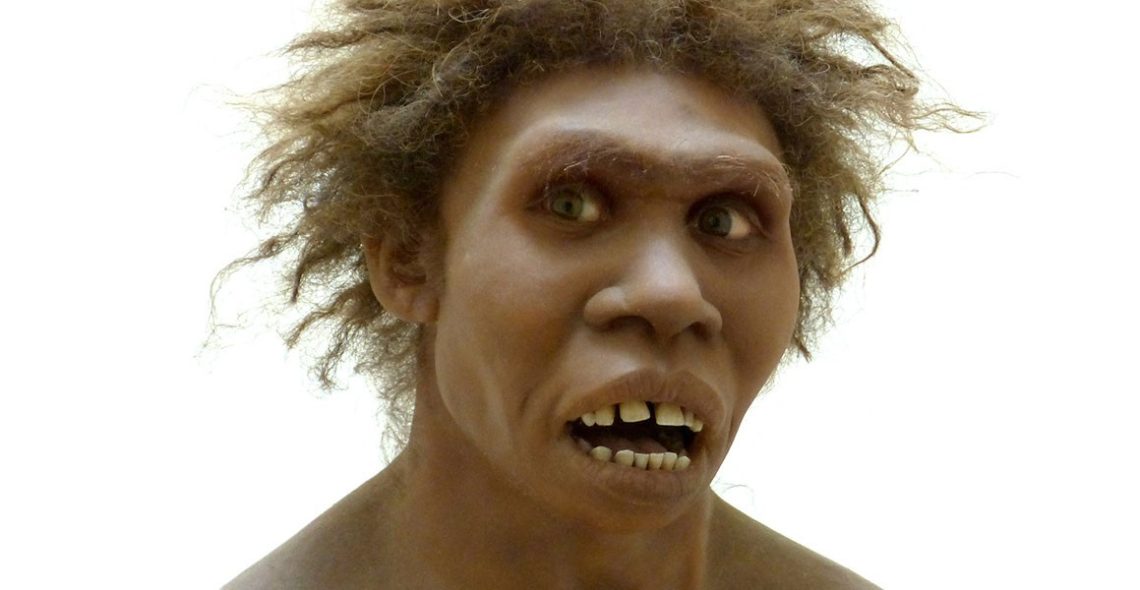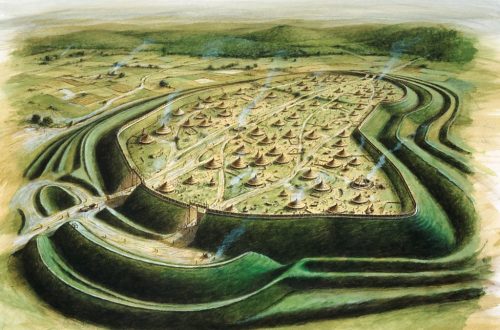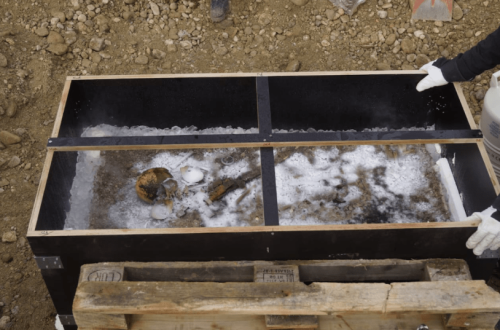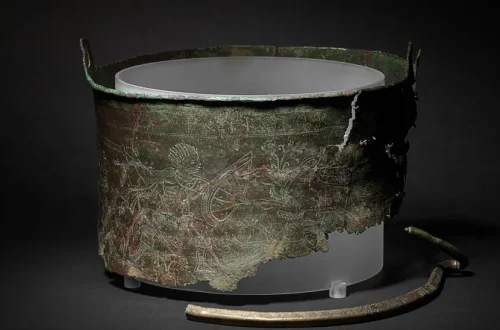Archaeologists have uncovered fossilised remains of Homo erectus dating back 140,000 years in a submerged river valley off the coast of Java, Indonesia. The discovery, made during underwater excavations, includes skull fragments and other skeletal remains, shedding new light on the life and environment of this early human species in ancient Sundaland. This now-submerged landmass once connected Southeast Asia.
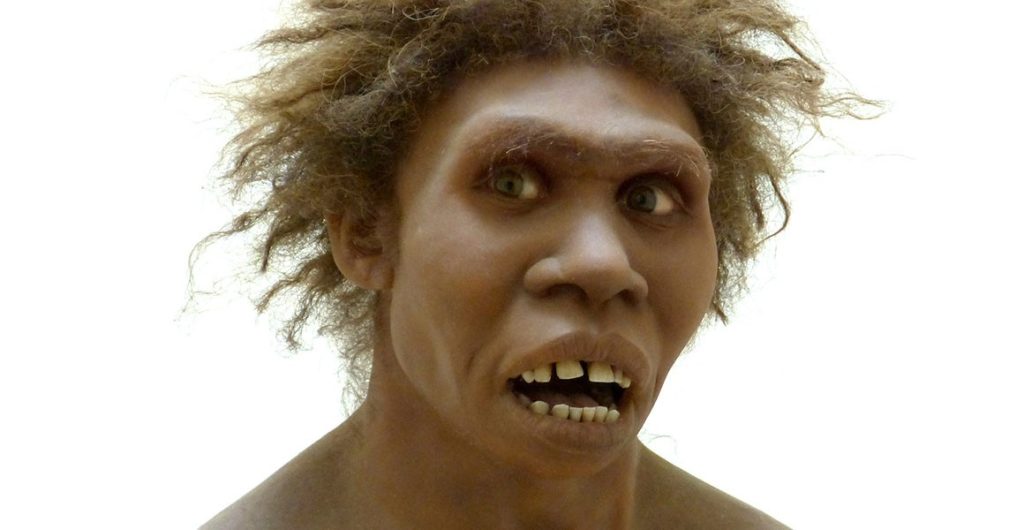
The fossils were found in a region that was likely a fertile river valley during the time of Homo erectus, before rising sea levels inundated the area. The remains suggest these early humans lived in a diverse environment, possibly exploiting coastal and riverine resources. Researchers from the University of Indonesia, in collaboration with international teams, are studying the finds to understand the diet, lifestyle, and adaptations of Homo erectus in this region.
This discovery adds to the understanding of Homo erectus’s presence in Southeast Asia. This species, known for its widespread distribution and longevity, existed from about 1.9 million to 110,000 years ago. The Java fossils are among the more recent examples of the species, offering a glimpse into their final millennia. The site’s underwater context poses challenges for excavation, but also preserves organic material that may provide further clues about the environment and climate of the period.
Analysis of the fossils is ongoing, with researchers employing advanced techniques such as isotopic analysis to reconstruct the diet and mobility patterns of these early humans. The findings are expected to contribute significantly to the study of human evolution in Southeast Asia, particularly in understanding how Homo erectus adapted to changing landscapes.
The discovery highlights the importance of underwater archaeology in uncovering evidence of early human life in regions now lost to the sea. As investigations continue, the Java fossils may offer further insights into the lives of our ancient ancestors.

